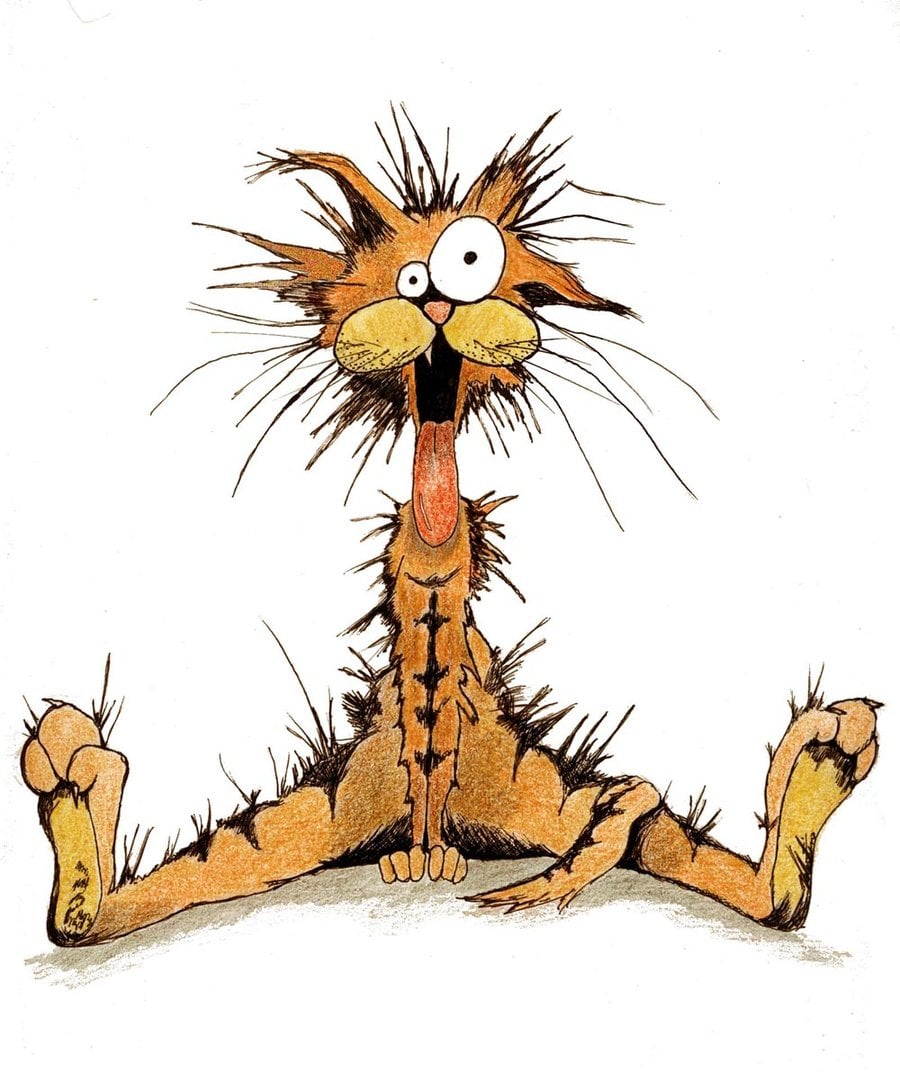Not something I thought of a lot when I was back in US since USA is… a pretty bureaucratic name by all means. But I just realized that some countries have really fascinating names in their local language
Like how China names itself Central/Middle country in a very grandiose way (as in, we are the center of the world), or Japan being “land of the rising sun”
You already said China so I guess I’ll go Hong Kong.
Hong Kong (香港) means fragrant harbour. The origin of this name is unknown, but there are theories of it coming from a type of wood we produced, a nice river, the wife of a pirate, or some residents just pronounced it with an accent to the British soldiers.
Brasil, the name comes from Pau Brasil, a tree that has a deep red color, used to make dye and for its quite beautiful red wood. The word Brasil comes from brasa (ember), essentially means “tree that’s red like an ember”.
Austria is from Osterreich, Eastern Kingdom or something similar.
Canada, or ‘Canada’ in French, was derived from “Kanata” the Iroquois word for Village. Not sure there ever was a local world for the country known as Canada though? Would love to be enlightened if so.
I’m not sure what you mean by local as each indigenous nation presumably had their own way of referring to the land.
‘Turtle Island’ is the common translation for the ways that many Algonquian- and Iroquoian-speaking refer to North America.
Where I live (Lekwungen territory) means “place of the smoked herring”.
Cool to know about turtle island. I was merely expressing my ignorance for any other names for the “country” as OP asked. I do understand there would be different names for each local ancestral lands and territories.
Aotearoa - new Zealand
To most it means “Land of the long white cloud” and as with most Maori things, there’s a story that goes along with it if you want to read.
Portugal comes from “Portus Cale”. It was in the general area of the city of Porto. The word “Postus” and “Porto” mean port, as in a port for ships.
Norway is quite literal: The way north.
It used to describe the coastline full of seaside trading towns before someone got the idea to make it a country.
The literalness also shows up in all the names for places in the country. They are 90% old spellings of “The place where people live”, “the field for cows to feed on”, “the settlement at the north of the fjord”, “upper farm”, “valley settlement”, and like 1837 places called “a place you can live”.
That there were some areas ruled by monarchs and now they’re one bigger area ruled by a single monarch.
Bharat is original name of India, as set down in Article 1 of the Constitution, adopted in 1950, which states in English: “India, that is Bharat,…”[20] The term ‘Bharat’ with its origins in Sanskrit, holds a significant historical and cultural significance. Throughout India’s ancient history, the name ‘Bharat’ has been linked to various legends and events, contributing to its enduring narrative.[21]
According to ancient texts and scriptures, one of the earliest references to the name ‘Bharat’ dates back to the Rig Veda’s accounts of the legendary ‘Dasharajna’ or the Battle of Ten Kings. This epic confrontation involved King Sudasa of the Bharata tribe from the Trtsu Dynasty, ultimately leading to the tribe’s recognition and the land being termed ‘Bharat Varsha’ – the land of Bharata.
The Sanskrit word Bhārata is a vrddhi derivation of Bharata, which was originally an epithet of Agni. The term is a verbal noun of the Sanskrit root bhr-, “to bear/to carry”, with a literal meaning of to be maintained (of fire). The root bhr is cognate with the English verb to bear and Latin ferō. This term also means “one who is engaged in search for knowledge”.
This realm of Bharat, which has been referred to as Bhāratavarṣa in puranas - after Bharata, the son of Rishabha.
The country that lies north of the ocean and south of the snowy mountains is called Bhāratam there dwell the descendants of Bharata.
\—Vishnu Purana (2,3,1)
In the Sanskrit epic, the Mahabharat (200 BCE to 300 CE), a larger region of Indosphere is encompassed by the term Bharat.[28] Some other Puranic passages refer to the same Bhārata people, who are described as the descendants of Dushyanta’s son Bharata in the Mahabharata.
https://en.wikipedia.org/wiki/Names_for_India#Bharat
Edit:
In case you like 90s Bollywood, here’s a song (music debut by AR Rahman): https://www.youtube.com/watch?v=7q5DUIgLs_4
France /François- land of the franks. The germanic tribe of the franconians that took over france as the western roman empire collapsed
Here’s the answer: https://en.wikipedia.org/wiki/List_of_country-name_etymologies
I wouldn’t say it’s a definitive answer. While there’s no expert consensus on the etymology of Mexico, it’s often argued to mean the “place in the navel of the moon” in Nahuatl:
metztli (moon), xictli (navel or center) y co (place)
There’s no reference to that on the list even though it’s mentioned in another article:
Canada: from the St. Lawrence Iroquoian word kanata, meaning “village”. The word was told to French explorer Jacques Cartier, who believed it referred to a much larger area than it actually did.
Deutschland means literally German Country xD
Apparently, “deutsch” originated from Medieval Latin “theodiscus”, which meant “belonging to the own people”.
German source: https://www.dwds.de/wb/Deutschland
Bavaria / Bayern. Comes from the baiuvari germanic tribe that used to be here.
Schwaben/ Swabia comes from the Suebi a germanic tribe
Saxony/ Sachsen - germanic tribe
Deutschland comes from old germanic meaning land of the people







